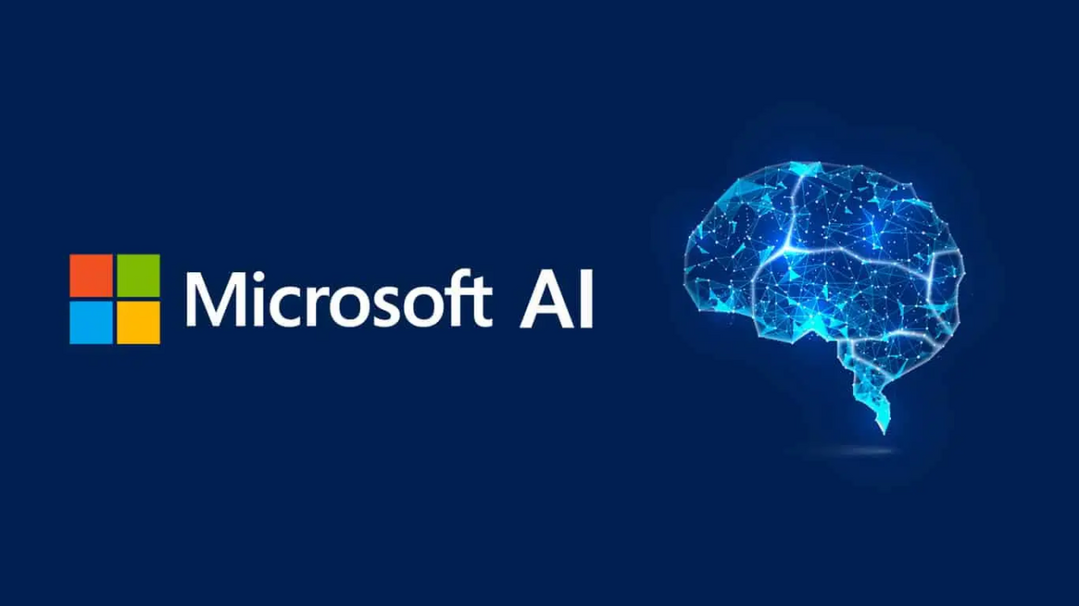
Chicago, USA – Microsoft has unveiled a suite of AI-powered agents designed to streamline and automate various tasks, marking a significant step forward in the company's AI strategy. The new AI agents, showcased at the Microsoft Ignite 2024 conference, are aimed at enhancing productivity and efficiency in the workplace.
During his keynote address, Microsoft CEO Satya Nadella addressed the recent debate surrounding the "scaling laws" of AI, which suggest that increasing the size of AI models leads to proportional improvements in performance. While acknowledging the ongoing discussion, Nadella emphasized the importance of focusing on real-world applications of AI rather than solely pursuing theoretical advancements.
"We believe that a little bit of skepticism and debate is healthy," Nadella said. "It actually drives more innovation."
Microsoft's new AI agents, built on the company's Copilot platform, are designed to handle a wide range of tasks, from simple routine jobs to complex multi-step processes. Some of the highlights include:
Translation Agent: This agent can translate conversations in real-time during Teams meetings, supporting up to nine languages.
Meeting Assistant: This agent automatically generates meeting summaries, highlights key decisions, and identifies action items.
Project Manager Agent: This agent assists with project management tasks, such as assigning tasks, tracking progress, and generating status reports.
Employee Self-Service Agent: This agent can handle employee inquiries related to HR matters, such as leave requests and benefits.
Microsoft is also introducing Copilot Studio, a platform that allows users to create custom AI agents without requiring extensive coding knowledge. This empowers organizations to tailor AI solutions to their specific needs.
In addition to the new AI agents, Microsoft announced the Azure Boost DPU, a custom-designed data processing unit that will be integrated into Azure servers. The DPU is designed to offload data processing tasks from the CPU, improving overall server performance.
"Microsoft is racing to develop AI services as quickly as possible and find productive uses for them," said Barron's. "However, the company may have to rely on the current generation of foundational models for the time being."
[Copyright (c) Global Economic Times. All Rights Reserved.]






























